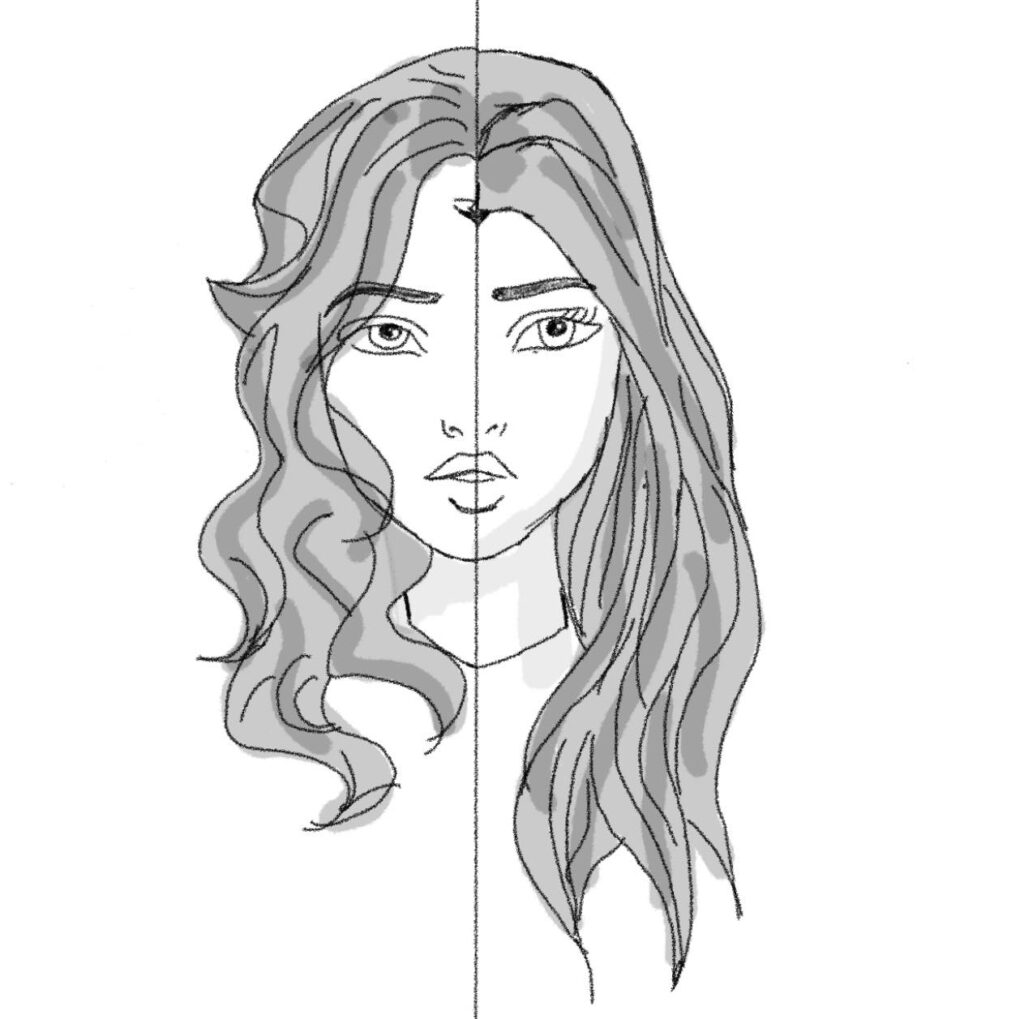If you’re a person of color living, working, or learning in a predominantly white town, you’ve definitely felt the pressure of white people staring you up and down, noticing and taking note of your every move; this is what we refer to as the white gaze. The white gaze is something that weighs down on people of color every single day. Not only does it feel like we are backed into a corner, but it causes POC to feel as if their voices don’t matter. As a Pakistani Muslim at PHS, I have to take extra action when it comes to amplifying not only my voice but the voices of my peers.
PHS is not safe from ethnocentrism just because Princeton is a liberal town. We’ve had our fair share of racist scandals, all committed by white members of the student body. A community circle will not heal the souls that have been damaged at these predominantly white institutions (PWI), and neither will an email from the principal. Talking to friends after these events helped me actually understand my experiences; being a person of color in Princeton is HARD. Over 70 percent of the student body is white, so it’s hard to see yourself represented anywhere, and it’s even harder to make friends because ethnic and racial groups tend to unintentionally self-segregate. My friends of color have said they feel defeated; they hate going to school at a PWI like PHS because students are let off the hook for their racism and ethnocentrism. It’s terribly uncomfortable to know that the person sitting next to you in your math class is a white supremacist. In terms of looking for guidance during these situations, finding the right person to talk to when you’re struggling is difficult because it's extremely rare to find someone who mirrors your experiences.
The concept of the white gaze relies on the idea that people of color must take account of a white person’s feelings and reaction while existing in a predominantly white space. With that definition in mind, it is absolutely no surprise that Black rappers, like Noname, have taken to Twitter to explain how the white gaze affects their ability to perform. Noname tweeted about how she gets uncomfortable performing in front of white crowds, even going as far as to telling her haters to check their “liberalism.” If your liberalism only focuses on your individual freedom and isn’t focused on helping out those who are suffering, you do not follow the principles of liberalism. What Noname meant was that white liberals scream, protect, and care for Black women until it’s time to care for and listen to their perspective. Just because you like one song by one Black artist doesn’t mean that you aren’t normally biased towards white artists. As Ta-Nehisi Coates states in his touching essay to his son, “Between the World and Me,” “In America, it is traditional to destroy the black body — it is heritage.”
The severity of the white gaze has essentially destroyed not just the Black body but the body of every person of color it touches. It starts with destroying our identity’s validity and ends up leaving us hurt and confused. This line alone proves that people of color have felt the burn of constantly being watched and undermined by their white peers. These standards are upheld everywhere, especially in PWIs. The only way we can truly attempt to fight these standards so deep into our journeys is by unlearning to take what white people say to heart, un-internalizing hatred, and realizing our true worth; this process is a fruitful experience that helps us stop pandering for white validation and will show us that our lives are not a plan that needs to be approved by our white peers. Our lives are ours to live equally and freely, without having to worry about what others feel they know about us.
